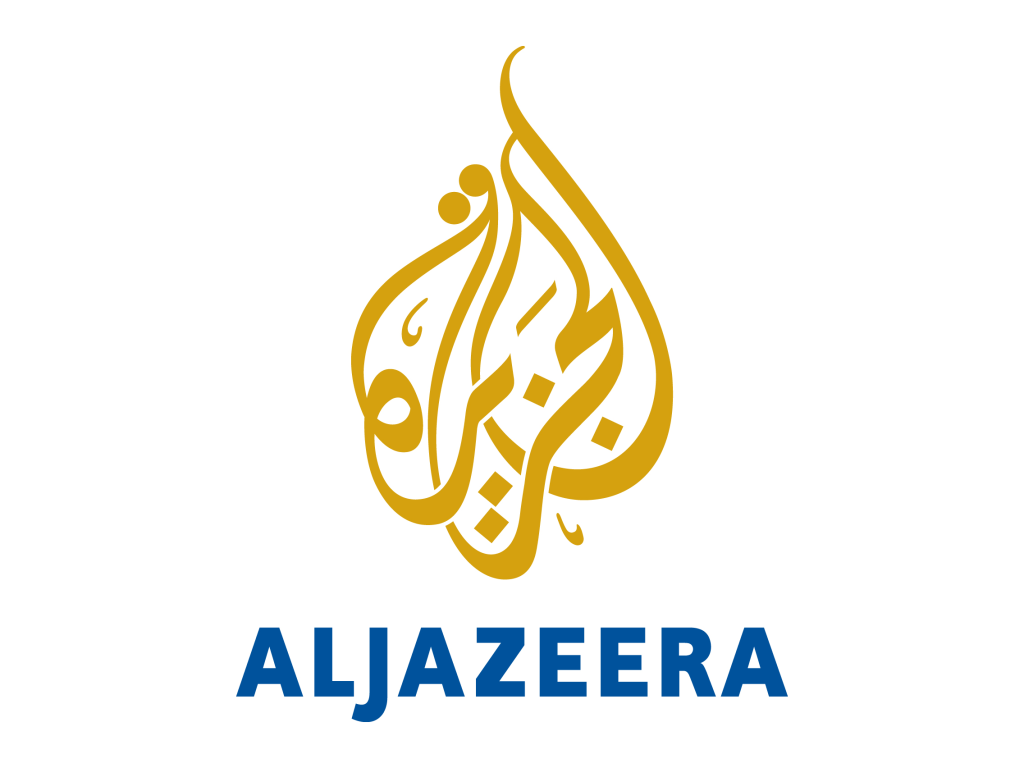ARTICLE AD
The White House has said it could change its approach on Israel if aid is not increased, but hasn’t said exactly how.
Published On 5 Apr 2024
Israel has said it will reopen the Beit Hanoon (Erez) border crossing with northern Gaza for aid, hours after a warning from United States President Joe Biden for it to take steps to protect civilians and humanitarian workers following the Israeli military’s strikes on a food charity’s team.
The office of Prime Minister Benjamin Netanyahu said on Friday that Israel will “temporarily” open the Ashdod port to receive humanitarian aid packages that will be transported to the Erez crossing – which will be opened for the first time since the current conflict started in October.
It said that Israel will also increase the amount of aid from neighbouring Jordan moving through the Karem Abu Salem (Kerem Shalom) crossing with southern Gaza.
Israel said by opening the border crossings the “increased aid will prevent a humanitarian crisis and is necessary to ensure the continuation of the fighting and to achieve the goals of the war”.
Following a tense phone call between Biden and Netanyahu on Thursday, the White House had said the US president called for an “immediate ceasefire” and signalled he is prepared to make changes to Washington’s ironclad political and military support for Israel if aid is not increased.
US Secretary of State Antony Blinken on Friday said alongside EU leaders in Belgium: ““Really the proof is in the results, and we will see those unfold in the coming days, in the coming weeks” in an apparent retreat from Biden’s demand for immediate action.
Gaza’s Ministry of Health said on Friday that at least 33,091 Palestinians have been killed and 75,750 wounded in Israeli attacks on Gaza since October 7.
Reporting from occupied East Jerusalem, Al Jazeera’s Rory Challands said this is indicative of the level of influence the US can have over Israel if it chooses to use it, but pointed out how Israel is still portraying this as working towards its war goals.
Israel has faced mounting international pressure and outrage after seven aid workers from World Central Kitchen (WCK) were killed this week in what the food charity called “targeted” air strikes.
An investigation by Al Jazeera’s Sanad Verification Agency found that the attacks on the aid convoy were intentional.
“Even now, with all of this, this decision is being framed as a way to complete Israel’s war aim,” Challands said.
“How much difference does [reopening Erez] make? That’s completely in the hands of the Israelis how much aid they let through. Any increase, will of course, benefit the starving people of Gaza.”
‘Smoke and mirrors’
The narrative of Biden “getting tough” on Netanyahu has “really just been smoke and mirrors”, said Saul Takahashi, a professor of human rights and peace studies at Osaka Jogakuin University in Japan.
“It’s seemingly directed at the hope that somehow this will increase Biden’s very desperate support amongst a lot of voters in the United States,” he told Al Jazeera, adding that what the US president needs to do is immediately stop the flow of weapons to Israel.
“Talk is cheap,” he added, also calling on Western countries to impose sanctions on Israel.
The US has continued to provide weapons packages to Israel while pushing for a truce and expressing concerns about the high civilian death toll in Gaza.
British Prime Minister Rishi Sunak is also facing growing political pressure to stop selling weapons to Israel after the attack on the WCK convoy.
Stopping aid ‘correct way’ to win war
United Nations agencies have warned for months that the amount of humanitarian aid Israel is allowing into the enclave is nowhere near enough to address the urgent needs of Palestinians who are facing famine.
Israel has been significantly hampering the entry of critical supplies into Gaza even as babies have died as a result of the starvation that it has imposed on Palestinians amid a push for “total victory” over Hamas.
White House National Security Council spokesperson Adrienne Watson said the Biden administration was ready to work with Israel, Jordan, Egypt, the UN and humanitarian organisations “to ensure that these important steps are implemented and result in a significant increase in humanitarian assistance reaching civilians in dire need throughout Gaza over the coming days and weeks”.
The Israeli security cabinet’s decision was not well-received by National Security Minister Itamar Ben-Gvir, who claimed the government did not vote on the matter and called the statement from Netanyahu’s office “incorrect”.
The hardline minister in Israel’s most far-right government in history also said aid going into Gaza should be stopped as “the correct way” to return captives taken by Palestinian fighters on October 7 that are still held in Gaza.
“It’s too bad that instead of entering Rafah, there are those who prefer to deal with sending equipment to Gaza that directly reaches Hamas,” Ben-Gvir said about the southernmost city in the enclave, where about 1.5 million displaced Palestinians are sheltering. “We must enter Rafah now!”

 11 months ago
72
11 months ago
72 
